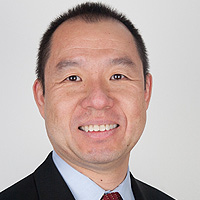Recently, I attended a dinner hosted by my college alma mater to talk about why Asian alumni do not participate in university activities. This has been a conundrum since my student days. Thirty years later, the situation has not changed very much.
If Asian, Black, Latino, LGBT and other non-traditional alumni feel disaffected about their college experience, it is not because college administrations fail to promote diversity. Universities want to attract talented students and faculty and today's talented students and faculty want to see diversity. And yet, many of the so-called elite liberal arts colleges carry the reputation of being bastions of the white, privileged upper class, so much so that non-traditional alumni stay away from reunions.
The truth is at the elite schools, the traditional alumni -- those whose family has attended that particular college for several generations -- feel they own the college experience. Compared with the Asian or Black or Latino freshman who may be the first member of her family to attend college, the alumni kids, through their family's long-standing connection, possess a sense of comfort and belonging that pre-dates their first day at school. It is no wonder the alumni kids become social leaders of their class. As social leaders, they create a milieu that reflects their tastes and aesthetics, and everybody else feels left out.
To address the situation, colleges have hosted conferences to discuss issues and solve problems. While it is important to do this, I believe these events must do more than that. These events must not be perceived as occasions for outsider groups-people who don't belong-to agitate for attention and acceptance. Rather, they need to be fun, warm, feel good events that celebrate the diversity of college experiences.
A college belongs to everyone who is associated with it. Historically, only the traditional alumni felt they had the right to express and celebrate their college experience. The rest of the alumni, feeling marginalized, had no confidence to do the same. This is what needs to change.
